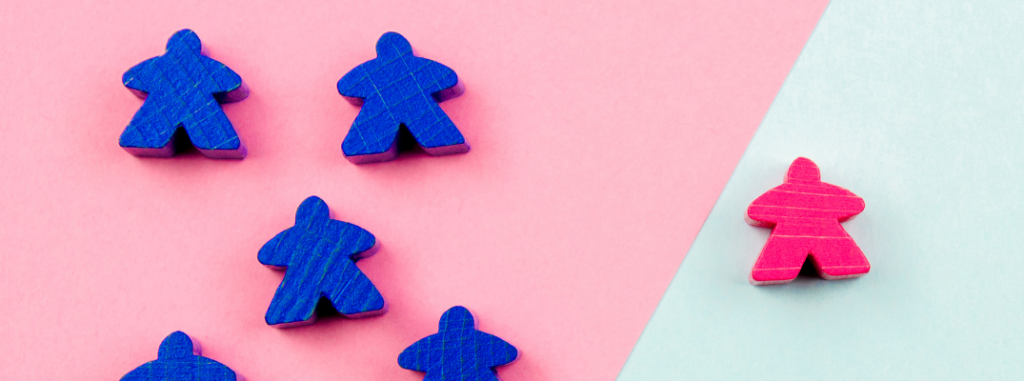As the third year since the adoption of the Sustainable Development Goals, SDGs rolls by, there is no denying the fact that concrete plans are underway globally to achieve the set goals since the beginning of implementation in January 2016. All citizens are stakeholders where the SDGs are concerned, successful implementation of the goals will reflect positively on closing the inequality gap and improving the well-being of all global citizens. The SDGs seek to improve upon the MDGs and give countries-like Nigeria- that did not meet the 2015 Millenium goals a better chance at meeting these goals. Nonprofits, lobbyist, and other stakeholder groups are holding government officials accountable to ensure that their chosen SDG goals are achieved by 2030.
While speaking on the SDGs progress so far, the National Coordinator, Civil Society Coalition on Sustainable Development Tola Winjobi expressed a lack of confidence in the government’s dedication to implementing the SDG goals.
“I am not sure Nigerian government is prioritising the implementation of the SDGs so as to see those they can easily work on which will impact on the people. However, the Federal Government has put some mechanisms in place to ensure hitch free implementation of the SDGs. There is the establishment of the office of the Senior Special Assistant to the President on SDGs which is a carry-over from the former MDGs under the presidency. There is also a House Committee on SDGs at the lower legislative house of assembly; of recent there seems to be a Senate Committee counterpart too to play oversight function and appropriate appropriation to SDGs,”
The Executive Director, Nigeria Network of NGOs, Oyebisi B. Oluseyi, does not believe the SDGs can be met by 2030, as the government is uncooperative and he has not seen any changes or attempts at a developing an implementation strategy since the MDGs failed.
Winjobi concluded his speech with advice for the Federal Government on strategic implementation: “All the Goals are important but not all of them can be given equal weight. Poverty is number one problem facing most African countries while outright lack of food on the table coupled with bad health could be a sign of poverty. All these are pointing to Goals 1 to 3. They are basic physiological needs before thinking of having quality education and the issue of gender. Though, that would have been partly settled in the process of poverty alleviation. Water and sanitation (Goal 6) should also be taken seriously over goals 4 and 5. Education is important and should be given the worthy place desired, while agriculture should not be relegated as this sector would take care of Goals 1, 2, and partly 3. Reducing inequalities (Goal 10) within the country between the rich and the poor, men and women, youth and adults is as important as Goal 16 which deals with access to justice for all by promoting peaceful and inclusive societies for sustainable development, provide access to justice for all and build effective, accountable and inclusive institutions at all levels. Government should take Goal 8 seriously in providing decent jobs, especially for our youth while making all efforts to grow our economy. Then the issue of climate change (Goal 13) and other Goals can follow.”

